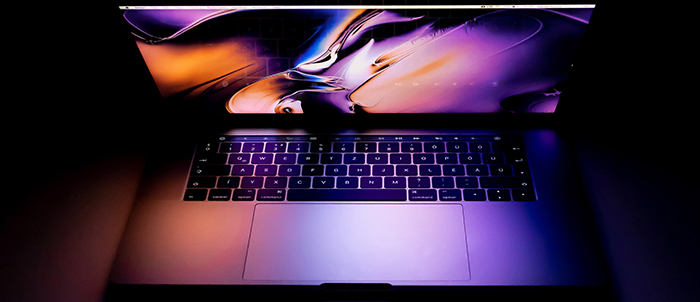Background: Initial Call for Views and UK Government Response
Earlier this year DLA Piper reported on the UK government’s response to its consultation on AI and potential amendments to existing intellectual property law. The initial call for views sought to gain insight into how individuals and organisations believe that AI and programme-generated creations should best be protected.
In relation to AI and the use of content in which IP rights subsist (e.g. for the purposes of training data), many respondents to the call for views indicated the belief that the existing legal framework provides sufficient protection to rightsholders. Concerns were raised, however, as to what would happen if human creative steps could not be fully attributed or if the AI was exclusively responsible for the creation of the work.
Regarding patents, the views provided indicated that the current inventorship criteria could be a potential barrier to innovation. Respondents held mixed views as to how widely the patent regime should be made available in relation to AI innovation, although the general consensus was that some iteration of patent protection should continue to apply.
New consultation: AI and IP – Copyright and Patents
Having digested the responses received to the call for views, on 29 October 2021 the UK Intellectual Property Office (“UKIPO”) launched a further consultation seeking to explore certain issues raised by initial call for views in greater detail, focusing on copyright and patents in particular. The consultation supports one of the UK Government’s key commitments within its ‘Innovation Strategy’ seeking to ensure the UK’s IP legislative framework continues to be world leading.
The new consultation seeks views on three key issues:
- Copyright protection for computer-generated works without a human author
With respect to computer-generated works, in the UK authors are afforded a protection of 50 years from the date the work was made under the Copyright, Designs, and Patents Act 1988 (“CDPA”). This follows the view that this provides sufficient time for human authors to have benefited from these rights during their lifetime. This may be less applicable in instances where machines and programmes are the ones generating the creative work, however, as they have the potential to “outlive” their human counterparts. The consultation asks responders to consider if exclusively computer-generated work should be deemed to be created by the machine/AI itself given its more advanced abilities and, if so, how should this be achieved and how long should protection last?
- Licensing or exceptions to copyright for text and data mining
In the responses to the initial call for views, respondents indicated that the current regulatory regime functioned adequately in protecting materials used to train or develop AI. It was however noted that where text and data are mined by AI, reliance on the current exceptions that allow software to be taught for the purposes of non-commercial research could have the potential to undermine owners’ legitimate interests through “function creep” of the intended scope of the exceptions. The new consultation seeks opinion on the more specific impacts on rightsholders these exceptions have. In particular, the consultation seeks insight into whether any of the exemptions currently outlined in the CDPA have quantifiable positive or negative impacts on the works of responders.
- Patent protection for AI-devised inventions
As detailed above, respondents to the initial call for views had mixed opinions regarding whether or not AI is capable of devising inventions without human involvement and if patent law could and should permit AI to be identified as an inventor. Overall, many respondents argued that the current approach to inventorship criteria was insufficient and unclear and that, among other things, the criteria for being an ‘inventor’ should be clarified.
Since the call for views, in a landmark ruling in the case of Thaler v Comptroller-General of Patents, Designs and Trade Marks [2021] EWCA Civ 1374 the UK Court of Appeal affirmed the current position that only a person and not a machine or ‘non-person’ can qualify as an inventor under the Patents Act 1977. The case arose following the decision by UKIPO to withdraw two patent applications submitted by Dr Stephen Thaler in which he indicated that his AI machine ‘DABUS’ was the inventor on the grounds that he should be granted the patent as the owner of the machine. The Court ruled that, as Dr Thaler had not recorded an inventor in accordance with the interpretation of the Act, by indicating that it was his AI that was the inventor, the application therefore failed to include the necessary details required for it to be approved. As an aside, Lord Justice Birss went on to acknowledge that the law on inventorship continues to develop, particularly with respect to terminology, and that the current circumstances do not prevent the court from deciding how the law should be applied in a new situation. Despite this decision, the Court therefore remains open to further development in this area.
The new consultation prompts respondents to consider this question of whether AI-devised inventions should be afforded IP protection and, if so, how this should be achieved.
Consultation deadline for responses
The new consultation highlights the blurring of the line between human and machine invention and acknowledges that we are nearing the point where there is no certain way to identify material human contributions in the invention or creation of creative works. Respondents are invited to contribute before 11.45 pm on 7 January 2022.
DLA Piper continues to monitor UKIPO’s updates and developments in relation to AI and intellectual Property. For further information or if you have any questions please contact the authors or your usual DLA Piper contact.


